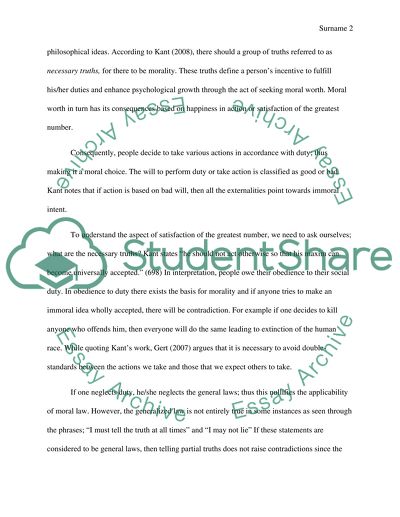Cite this document
(“Is it morally right thing to do is always the thing which will produce Essay”, n.d.)
Is it morally right thing to do is always the thing which will produce Essay. Retrieved from https://studentshare.org/philosophy/1608863-is-it-morally-right-thing-to-do-is-always-the-thing-which-will-produce-the-greatest-happiness-for-the-greatest-memebers-kant-vs-mill
Is it morally right thing to do is always the thing which will produce Essay. Retrieved from https://studentshare.org/philosophy/1608863-is-it-morally-right-thing-to-do-is-always-the-thing-which-will-produce-the-greatest-happiness-for-the-greatest-memebers-kant-vs-mill
(Is It Morally Right Thing to Do Is Always the Thing Which Will Produce Essay)
Is It Morally Right Thing to Do Is Always the Thing Which Will Produce Essay. https://studentshare.org/philosophy/1608863-is-it-morally-right-thing-to-do-is-always-the-thing-which-will-produce-the-greatest-happiness-for-the-greatest-memebers-kant-vs-mill.
Is It Morally Right Thing to Do Is Always the Thing Which Will Produce Essay. https://studentshare.org/philosophy/1608863-is-it-morally-right-thing-to-do-is-always-the-thing-which-will-produce-the-greatest-happiness-for-the-greatest-memebers-kant-vs-mill.
“Is It Morally Right Thing to Do Is Always the Thing Which Will Produce Essay”, n.d. https://studentshare.org/philosophy/1608863-is-it-morally-right-thing-to-do-is-always-the-thing-which-will-produce-the-greatest-happiness-for-the-greatest-memebers-kant-vs-mill.


